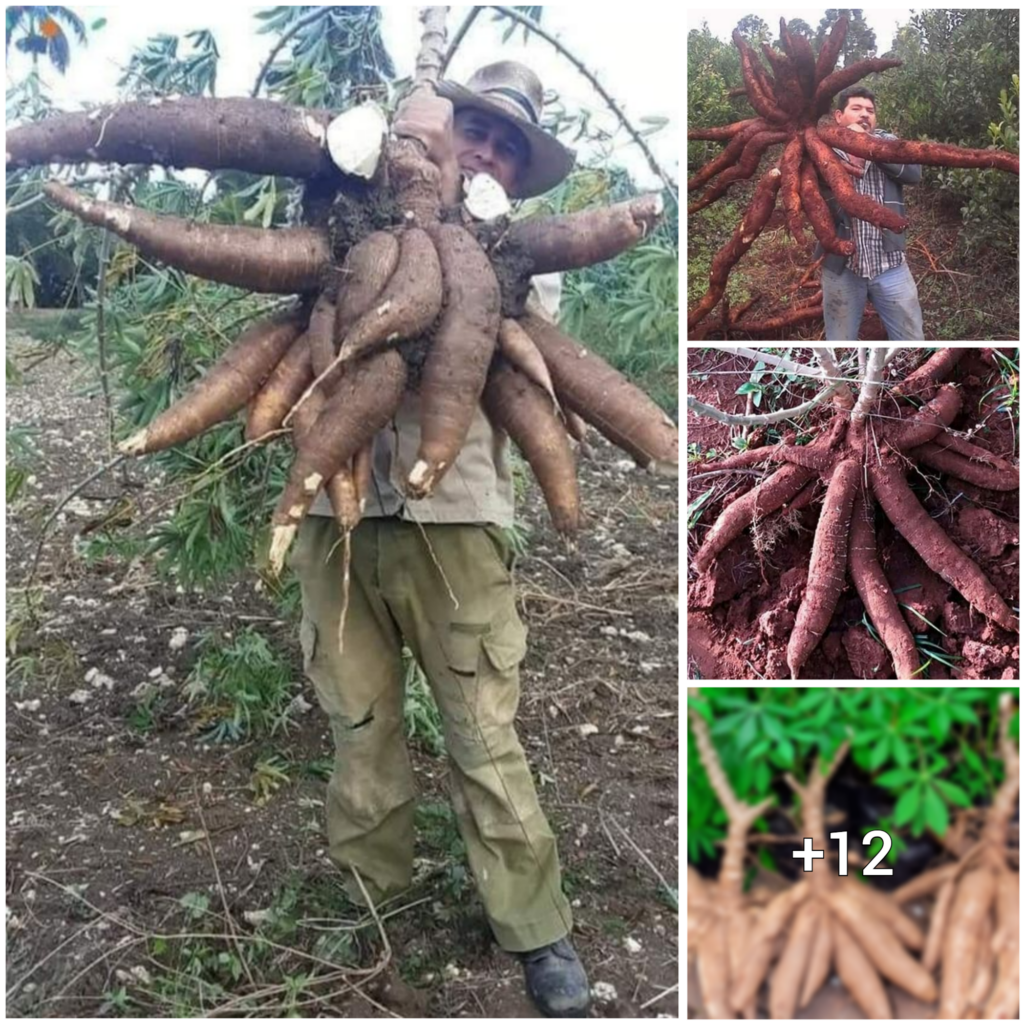Grapes have been a part of human culture for thousands of years. These small, round fruits grow on vines and have become renowned for their distinct flavors, colors, and textures. From culinary to cultural significance, grapes have made their mark in the world of fruit. In this article, we will be delving into the fascinating world of grapes, including their diverse varieties, rich history, and numerous benefits.
One thing that stands out about grapes is their long and storied past. Originating from the Mediterranean region, they have been cultivated for winemaking and enjoyed as a fruit for thousands of years. Grapes have also held deep cultural meaning throughout history, symbolizing abundance, fertility, and celebration across various civilizations.

Grapes are available in a plethora of varieties, and each one has its own distinct characteristics and taste. From the petite and sweet Thompson seedless grapes to the bold and tannic Cabernet Sauvignon grapes used for producing wine, there is a grape to fit every preference. The supermarket shelves are stocked with red, green, and black grapes, presenting a visual delight and an option for every palate.

The versatility of grapes goes beyond simply being a tasty fruit. They have the ability to be transformed into a wide range of culinary creations, including juices, jams, and jellies. Their natural sweetness can also add depth to savory dishes as well as salads. Grapes also make great additions to cheese platters, bringing out the flavors of different types of cheese.

Grapes not only taste good but also provide several health advantages, making them nutritional powerhouses. They are loaded with antioxidants, dietary fiber, and vitamins C and K. These nutrients help maintain wellbeing by boosting the immune system, supporting heart health, and aiding digestion. Grapes also contain resveratrol, a substance known for its potential anti-aging and anti-inflammatory effects.


The connection between wine and cultural heritage is undeniable. Grapes have played a vital role in winemaking, which has evolved into an artistic expression with specific flavors and characteristics linked to different grape species and terroirs. In addition, grapes have been an essential part of traditional harvest festivals that are celebrated by communities to pay homage to their cultural traditions and honor the fruits of their labor.




